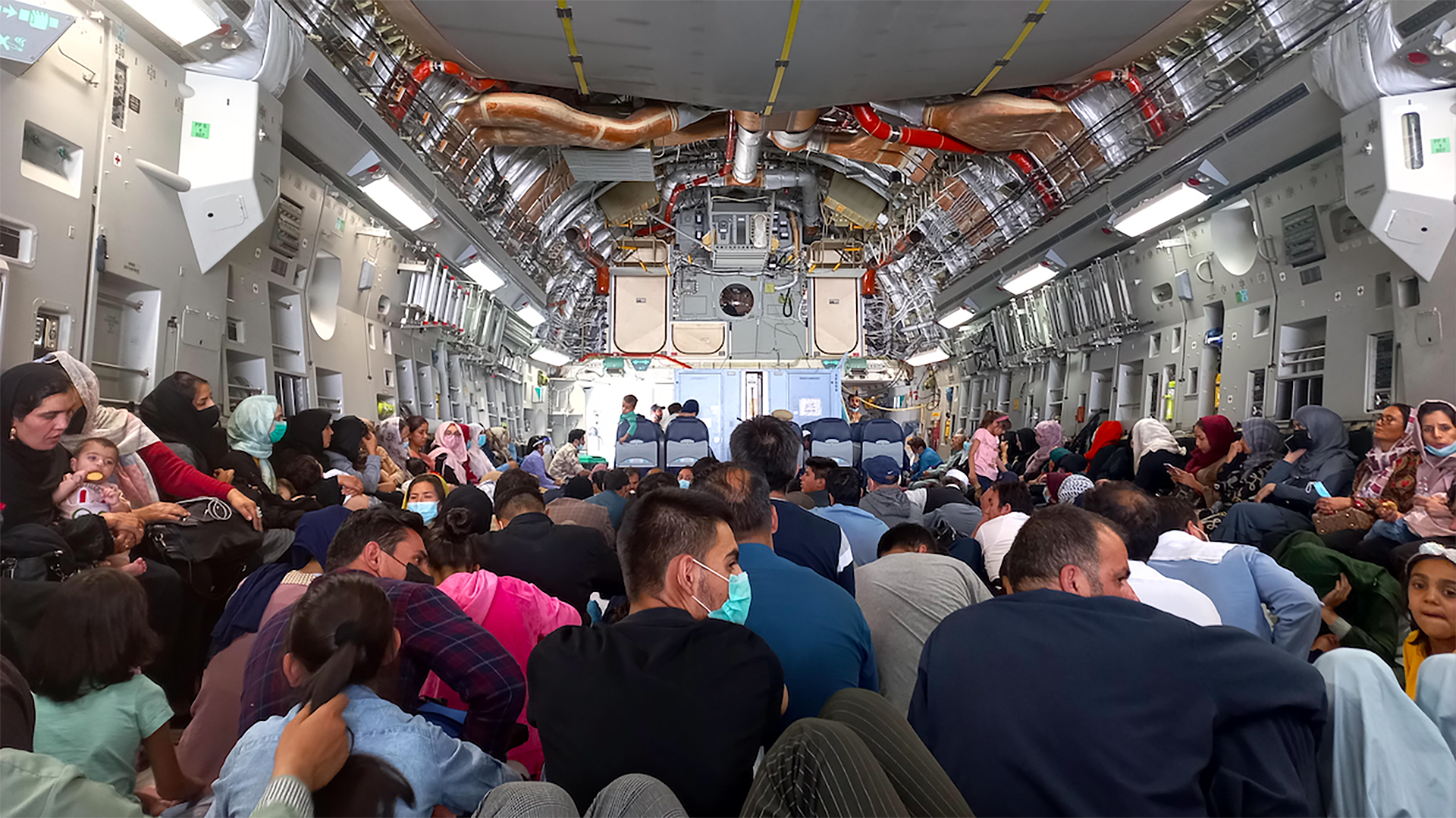
From Kabul to Albania to Toronto
An Afghan journalist on his escape from the Taliban.
Everything we had been building for 20 years evaporated in front of my eyes.
Even if the Taliban decided not to kill me, staying would have been a gradual death.

Said Najib Asil
Said Najib Asil is the former head of Current Affairs at TOLOnews TV Channel in Kabul, Afghanistan. He left Afghanistan in August 2021 because of the Taliban takeover of the country and has been living in Canada since January 2022.
This story was originally written in English.